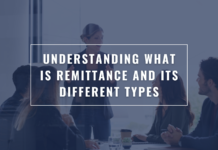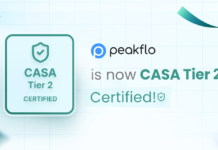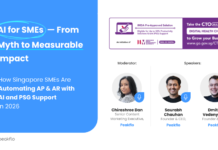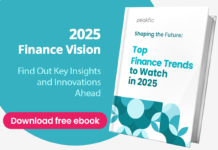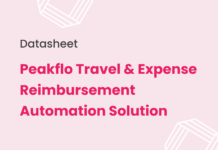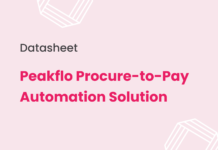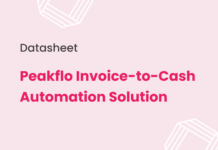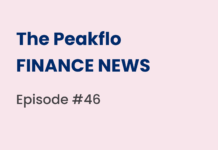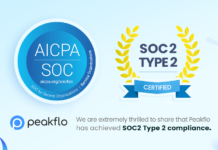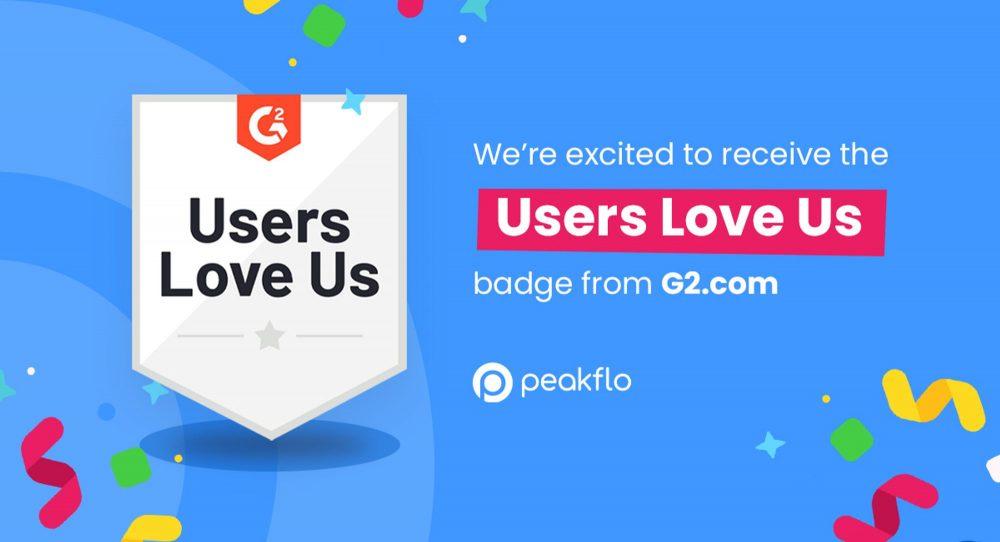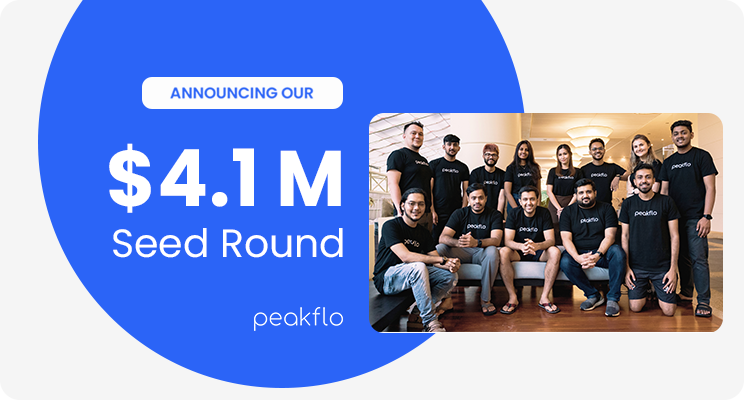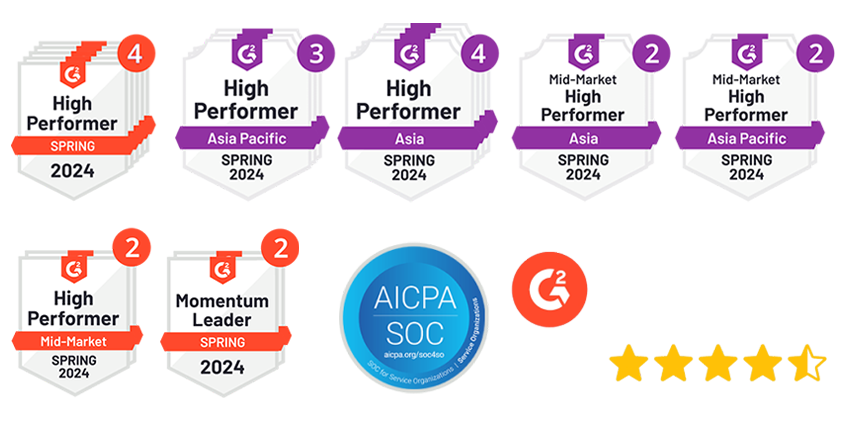PwC, a global leader in professional services, is set to become the largest customer and first reseller of OpenAI’s ChatGPT Enterprise. This new deal, announced on May 29, 2024, marks a significant milestone in the integration of generative AI technology within the corporate world.
Financial professionals are increasingly considering the impact of Gen AI solutions on their businesses. Finance chiefs are assessing how the technology could apply to back-office functionalities, such as invoices, and direct finance interactions. They are also in a key position to assess the efficiencies and gains of the technology across the entire business. The return on investment is likely to be a key part of the CFO role in future years as AI seeps further into the finance function.
A Landmark Agreement
PwC will roll out ChatGPT Enterprise, OpenAI’s version of ChatGPT tailored for large companies, to its 75,000 U.S. employees and 26,000 U.K. employees, totaling over 100,000 licenses. While the financial terms of the deal remain undisclosed, this move is part of PwC’s previously announced $1 billion investment in generative AI over the next three years.
Joe Atkinson, PwC U.S.’s vice chair and chief products and technology officer, highlighted that this deal is an evolution of their initial investment. Over the past year, PwC has focused on teaching its staff how to use AI, building its own AI tools, providing them to clients, and updating its consulting technology platform and operations with AI.
Empowering Employees and Clients
PwC’s strategy involves extensive training for its employees on using generative AI effectively. So far, 95% of PwC’s U.S. workforce has dedicated over 360,000 hours to generative AI activities and learning. The firm has also developed a chatbot called ChatPwC, built on OpenAI’s GPT-4 model, which has already improved employee productivity by 20% to 40%. Both ChatGPT Enterprise and ChatPwC will be available to employees, with many transitioning to ChatGPT Enterprise as it rolls out.
PwC has been helping CFOs understand the transformative potential of generative AI in IT, marketing, HR, and other shared services they support. The partnership with OpenAI allows PwC to act as a reseller and provides its employees in the U.S. and the U.K. access to Microsoft’s latest AI model, ChatGPT-4. The integration of the latest ChatGPT model can help augment offerings in audit, tax, and consulting services. PwC is already developing custom GPTs that could aid with processes such as tax returns review, audit, proposal response generation, dashboard and report generation, and other practical applications.
For PwC, this partnership with OpenAI is not just about internal use. As the first reseller of ChatGPT Enterprise, PwC will also offer this powerful AI tool to its extensive client base. According to PwC’s announcement, the Big Four firm is already employing generative AI with 950 of its 1,000 U.S. consulting clients and is in discussions about its applications with many of its audit customers, indicating a growing openness and demand for this technology. This move aims to empower clients across various industries, from financial services to healthcare, to harness the transformative capabilities of generative AI.
Closing Thoughts
The integration of generative AI into business processes is rapidly gaining traction. Consulting firms like PwC, Delloite, KPMG, and Ernst & Young have been early adopters, investing billions in generative AI to expand their work with clients. According to market research and consulting firm Gartner, businesses worldwide are expected to spend $1.52 trillion on information technology services this year, driven by planning for generative AI.
The alliance between PwC and OpenAI represents a significant leap towards the future of business operations. As generative AI continues to evolve, it holds the promise of not only enhancing productivity and efficiency but also transforming the very fabric of how companies operate and compete. The question now is not if AI will revolutionize business practices, but how quickly and effectively organizations can adapt to this new paradigm.





